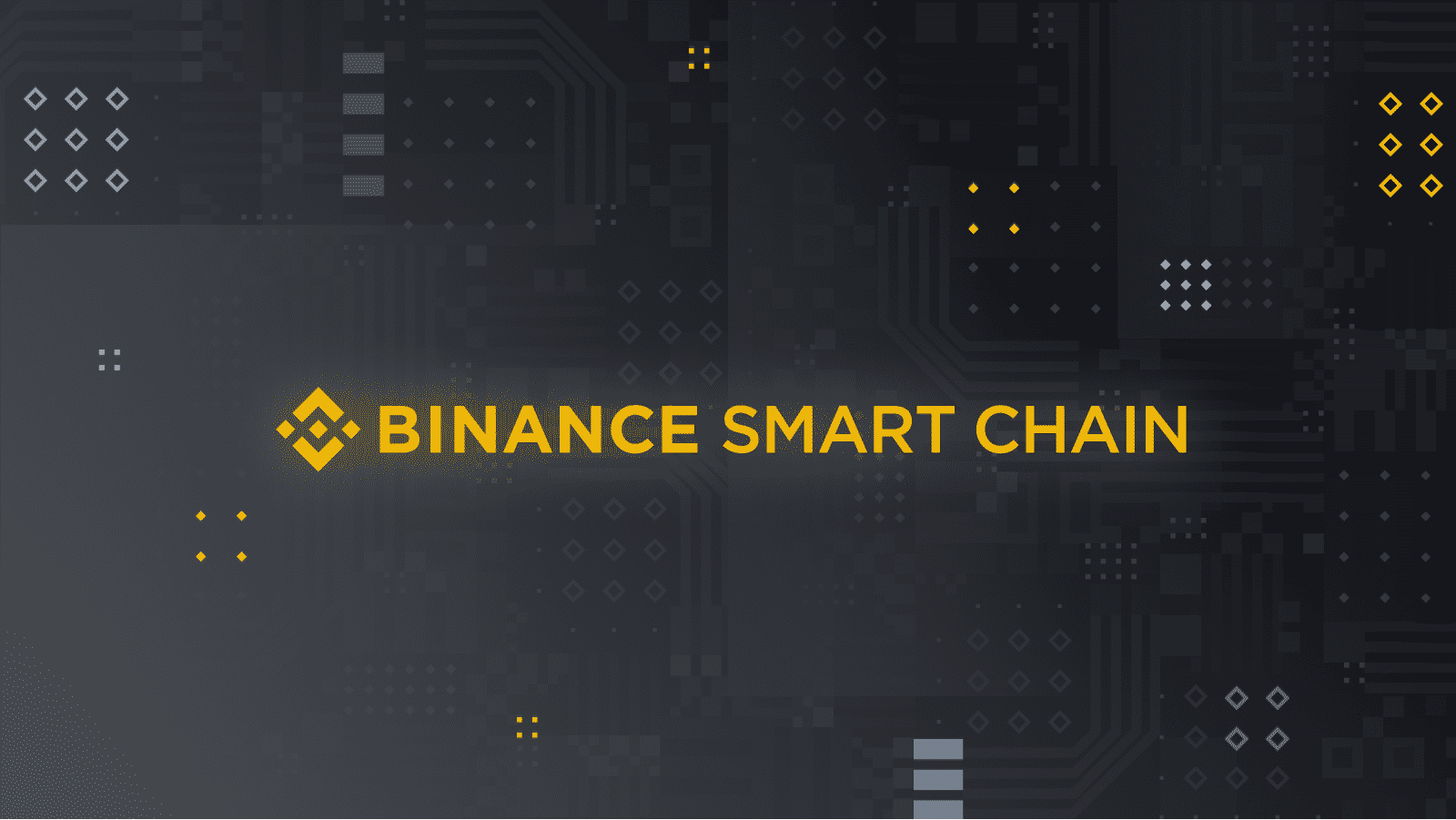The community behind Binance Chain, the blockchain system with the

The community behind Binance Chain, the blockchain system with the largest decentralized exchange (Binance DEX) developed on top of it, today released a whitepaper proposing a new blockchain that runs parallel to Binance Chain and supports Smart Contracts functionality. The Binance Smart Chain whitepaper is now available here.
Binance Smart Chain is an innovative solution that brings the programmability and interoperability of the Ethereum Virtual Machine (EVM) to Binance Chain. The Binance Smart Chain will be:
- A self-sovereign blockchain: Provides security and safety with elected validators.
- EVM-compatible: Supports all the existing Ethereum tooling along with faster finality and cheaper transaction fees.
- Interoperable: Comes with efficient native dual chain communication; optimized for scaling high-performance dApps that require fast and smooth user experience.
- Distributed with on-chain governance: Proof of Staked Authority brings in decentralization and community participants.
At the heart of Binance Chain is a highly performant matching engine built on a distributed consensus that aims to replicate the < 1-second trading efficiency of current centralized exchanges. Unfortunately, the Binance Chain has not given developers a lot of freedom to build decentralized applications (dApps) on top of it without a Turing-complete(ish) virtual machine in the application layer.
Today, the Binance Chain development team proposes the idea of a parallel blockchain of the current Binance Chain to retain the high performance of the native DEX blockchain and to support a friendly Smart Contract function at the same time,” wrote the Binance Chain Development Community (BCDC).
Binance Smart Chain relies on a system of 21 validators with Proof of Staked Authority (PoSA) consensus that can support short block time and lower fees. The most bonded validator candidates of staking will become validators and produce blocks. The double-sign detection and other slashing logic guarantee security, stability, and chain finality.
As the native token, BNB will serve as both the gas of smart contract execution and tokens for staking. Binance DEX remains a liquid venue of the exchange of assets on both chains.
BCDC commented:
This dual-chain architecture will be ideal for users to take advantage of the fast trading on one side (Binance Chain) and build their decentralized apps with smart contracts on the other side (Binance Smart Chain). BNB holders who are interested in staking BNB can also support the development of Binance Smart Chain and earn rewards. In the long term, we hope to continue working closely with the blockchain community to strengthen our infrastructure for digital assets and provide the community with the best platforms for digital asset creation, circulation, and exchange.
Learn more about Binance Smart Chain by reading its official whitepaper. Feedback about Binance Smart Chain or the whitepaper can be shared with the Binance Chain Development Community on Github.
About Binance Smart Chain
Binance Smart Chain is an innovative solution to bring EVM-compatible programmability and interoperability to Binance Chain. Binance Smart Chain relies on a system of 21 validators with Proof of Staked Authority (PoSA) consensus that can support short block time and transaction finalization time. The most bonded validator candidates of staking will become validators and produce blocks in turn. Security, stability and chain finality are guaranteed via double-sign detection and other slashing logic. All EVM-compatible smart contracts and protocols are supported in the Binance Smart Chain. Cross-chain transfer and other communication are possible due to native support of interoperability. Binance DEX remains a liquid venue of the exchange of assets on both chains. This dual-chain architecture will be ideal for users to take advantage of the fast trading on one side and build their own decentralized apps on the other side.
